Triple Jeopardy: women of colour, austerity and the cost-of-living crisis
The cost-of-living crisis dominates our headlines and anchors much of our political discussions, and yet there is still little understanding of how the experiences of this crisis intersect with race, gender and class.
Far from being ‘in this together', working class ethnic minority women, including migrants and refugees, are among those worst affected by this evolving crisis and continue to be harmed by the structural racism that underpins our economic and political systems.
Three ways cuts, taxes and inaction harm working class ethnic minority women most
“It is no exaggeration to say that the racialised and gendered violence of austerity and the cost-of-living crisis will be fatal for working class ethnic minority and migrant women.”
Shabna Begum, Head of Research at Runnymede Trust
Trapped below Living Wage
- In almost every minority ethnic group, women are more likely than men to earn below the Living Wage.
- Women of colour are almost twice as likely than white men to be on zero-hour contracts and work in jobs that provide no fixed wage, but offer work as and when.
- These women have little to no capacity to build up any wealth assets or savings.
- They are more likely to experience ‘deep poverty’ which is everyday material deprivation, food insecurity and fuel poverty, at far higher rates than their white peers.
(anti)social (in)security
“Cuts to health and social care have meant that responsibilities for social and childcare have retreated into domestic spaces which has impacted working class women generally, but compounded inequalities particularly for women of colour.”
Shabna Begum, Head of Research at Runnymede Trust
Cuts to social security
Lower levels of spending on public services
Public services stripped back
Of referrals to refuges (155 women and 103 children) are being turned away per day.
Funding for essential services fell by over 50% between 2010/11 and 2015/16. And then by a further 30.6% in 2017/18.
Female lone parents (92% of all lone parents and in which Black women are overrepresented) were predicted to have lost on average services worth over £4,900 (over 10% of their standard of living) per year.
Cuts to schools, the NHS, legal aid, social care and local authority spending
Shutterstock
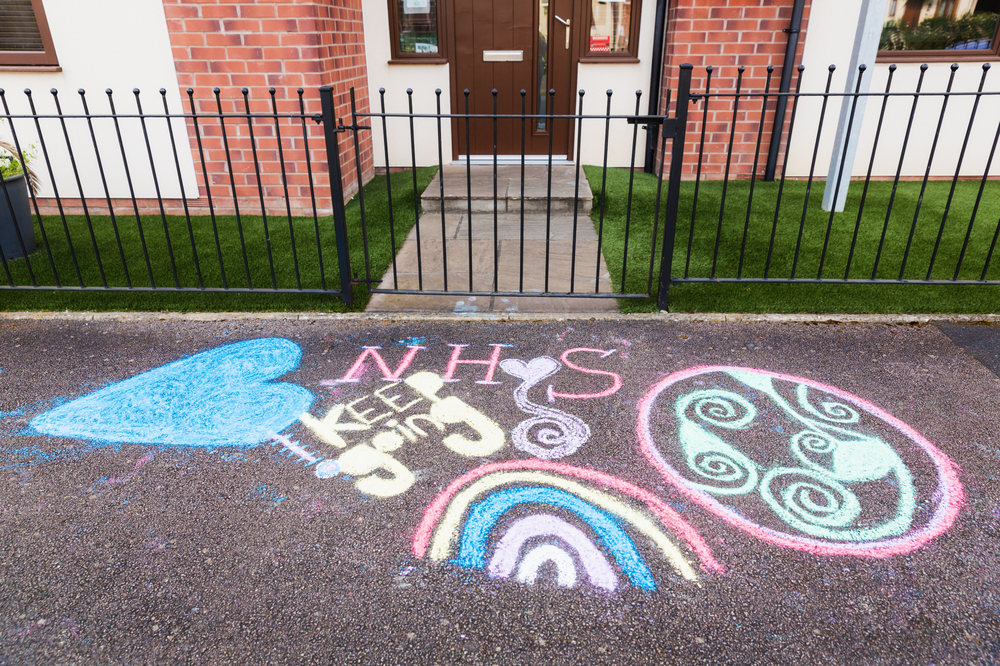
Losing at work
“The Living Wage Foundation found that the pandemic revealed not just that minority ethnic workers were disproportionately exposed to the health and economic risks posed by the health crisis, but that they suffered the worst excesses of the economic fallout including a greater average earnings loss.”
Shabna Begum, Head of Research at Runnymede Trust
The lack of a secure and liveable income
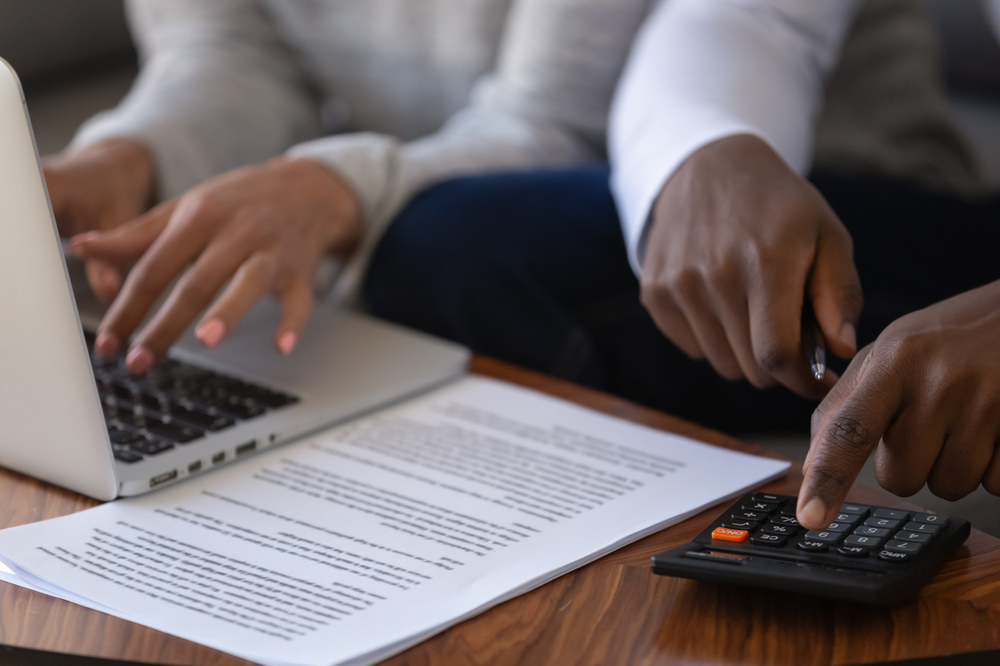
“The systemic and structural racism of the current economic and political systems produce deeply destructive patterns of inequality. This hides and marginalises the labour and care that women generally, and working class ethnic minority women [in particular] provide and at great cost to themselves and their families and communities.”
Shabna Begum, Head of Research at Runnymede Trust
A rear-view mirror to the future?

This 16 Days of Activism Against Gender-based Violence we're proud to host this blog from Runnymede Trust.
More posts like this
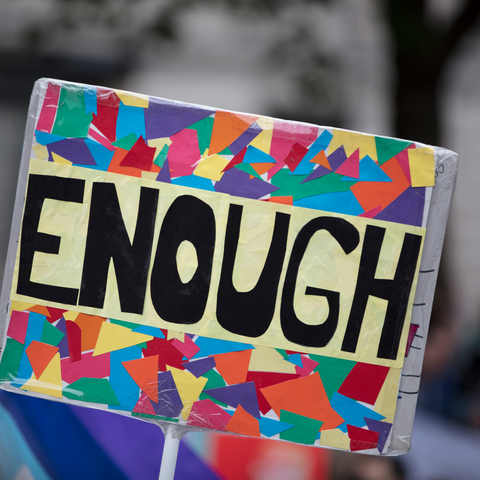
– Good public services, decent work and support are crucial to tackle financial abuse. This is why they are a priority for trade unions in the UK.
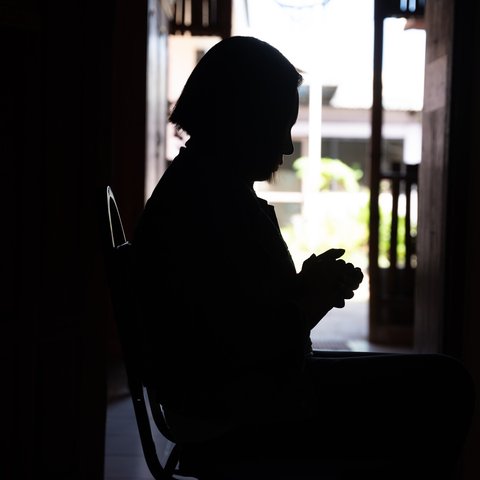
– Governments responding to the cost of living crisis with more spending cuts to public services are carrying out gender-based violence.These cuts affect women, girls and non-binary people most. And deepen inequality.This 16 Days of Activism Against Gender-based Violence it’s time to campaign against economic violence.
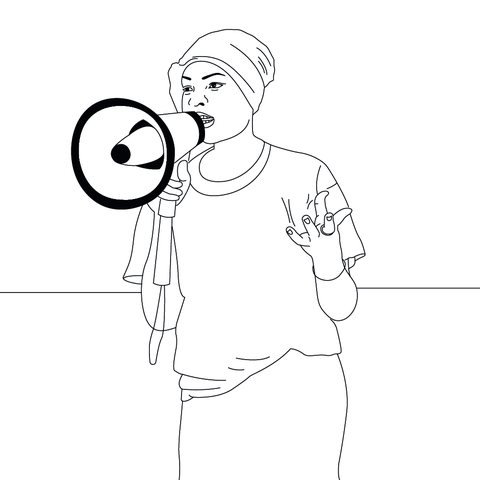
To value all women's work, we must redefine what 'work' means so it includes all the work women do – paid and unpaid.
